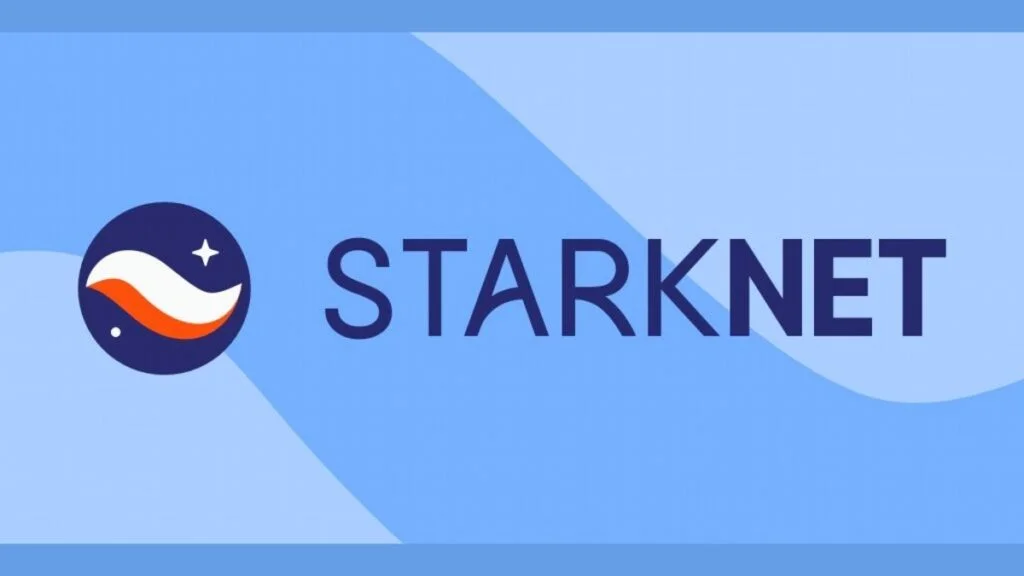Ethereum layer-2 scaling platform StarkNet has revamped its Cairo programming language to enable easier onboarding of new developers.

Platform for layer-2 scalability on Ethereum To make Web3 programming more approachable for developers, StarkNet updated its internal Cairo code language.
In a statement provided, Cairo 1.0’s improvements were described. Rust is a well-known programming language that Cairo is said to emulate.
The update aims to make it possible for programmers with basic coding skills to start creating decentralized applications on the Ethereum layer-2 network of StarkNet.
The primary motivation behind Cairo’s redesign, according to StarkWare co-founder and president Eli Ben-Sasson, was to make layer-2 development more approachable to developers with different backgrounds:
“Primary drivers were safety and ease of use, and conducting the overhaul presented a terrific opportunity to remove the entry for developers with conventional language backgrounds.”
The technical requirements for the launch on January 5 include numerous language enhancements for Cairo. This features enhanced language constructs and grammar, a comprehensive type system, user-friendly libraries, code that is optimized, and strong typing through the strict specification of data types.
Safe Intermediate Representation, or Sierra, is the overhaul of Cairo that StarkNet promotes as the primary addition. Between Cairo 1.0 and Cairo byte code, Sierra serves as a new intermediary representation layer.
Sierra is a crucial component of ensuring a permissionless network, as Ben Sasson described. The patch makes it possible to include retracted transactions in StarkNet blocks, which helps the protocol avoid including complicated “crypto-economic procedures.”
Ben Sasson stated that Sierra primarily defends against Sequencer Denial of Service (DoS) attacks and will enable StarkNet to “inherit the full censorship-resistance of Ethereum.”
It was has previously reported that Ben-Sasson and other computer scientists invented ZK-STARK cryptography. In order to provide security, scalability, and resistance to quantum computing, Zero-Knowledge Scalable Transparent Arguments of Knowledge is a proof system that encrypts and verifies transaction data.
Cairo is the fourth most prevalent smart contract language by total value locked, according to StarkNet. It is the foundation of the apps that have enabled over 300 million transactions to be processed, 90 million NFTs to be created, and trades valued over $790 million to be settled on Ethereum.

